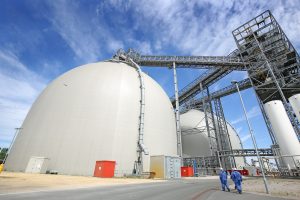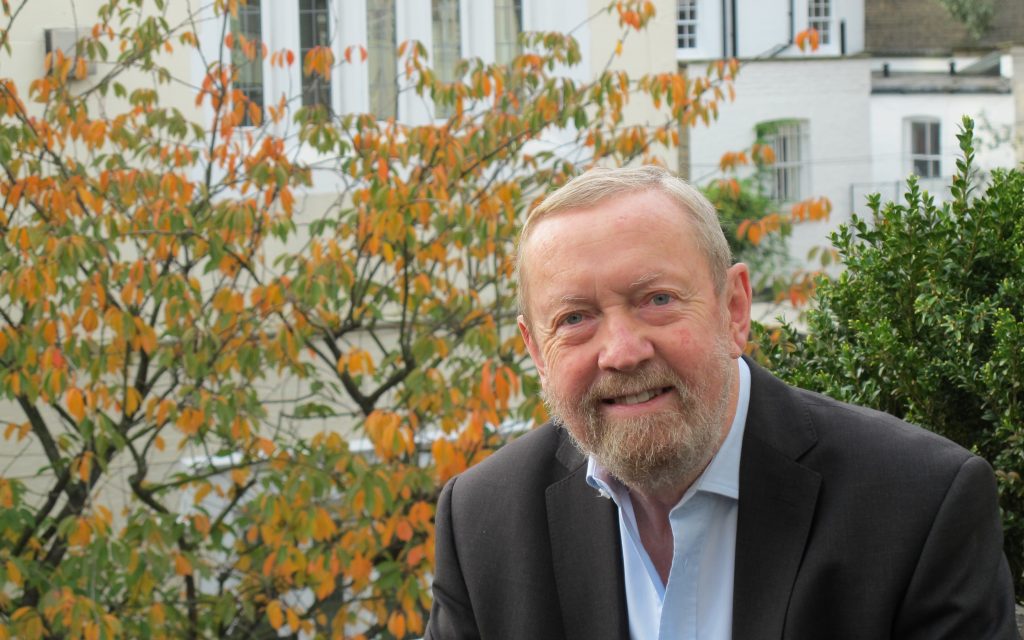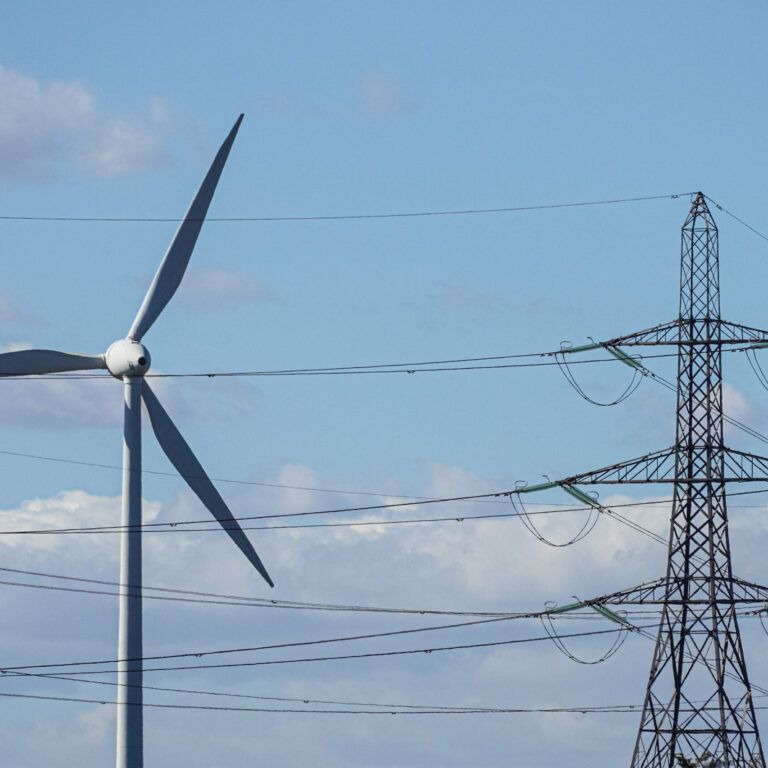Dear Will,
Findings and Recommendations from the First Meeting of Drax’s Independent Advisory Board on Sustainable Biomass (IAB)
The Independent Advisory Board on Sustainable Biomass provides this statement following its first meeting on Friday 15th November 2019.
Attendees: John Beddington (Chair), John Krebs (Deputy Chair), Virginia Dale, Sam Fankhauser, Elena Schmidt, Robert Matthews (Ex-Officio Member).
During the meeting, IAB members:
- Discussed the role of the IAB;
- Reflected on the public launch of the IAB;
- Reviewed and accepted the IAB’s terms of reference;
- Developed its understanding of Drax’s business;
- Considered Drax’s approach to sustainable biomass including its new Responsible Sourcing policy;
- Explored the climate aspects of Drax’s new Responsible Sourcing policy in light of Forest Research’s work on the carbon impacts of biomass;
- Explored Drax’s use of the independent Sustainable Biomass Program standard to evidence their performance against Drax policies.
The IAB shares this summary of its findings and recommendations.
- The IAB agreed that its role is to provide independent advice to Drax on its sustainable biomass policy and practice. IAB members will do this by scrutinising the science and evidence, informing Drax’s approach, and by providing independent feedback to Drax on how it can adopt best practices. In addition to holding two face to face meetings each year, the IAB agreed to hold two interim telephone meetings.
- The IAB recommended Drax refer to “forest environment” not “natural environment” in its policy.
- The IAB noted that the ten criteria Drax have outlined to reduce the carbon emissions of its biomass approach have been designed to reflect the findings of Forest Research’s Carbon Impacts of Biomass Consumed in the EU report (2018). The IAB found that the Drax criteria are an accurate interpretation of the report.
- The IAB would like to explore how the science can further be developed with regard to the use of small, early thinnings and small roundwood, and consider how Drax’s policy might evolve.
- The IAB and Drax discussed the possibility of developing some sub criteria for specific forest types.
- The IAB suggested Drax could consider a “Restatement of the Evidence” academic review process to better understand, and draw alignment on, where there is scientific evidence on the sustainability of biomass.
- The IAB suggested Drax should consider both a goal to continuously improve and consider the longer term implications of its policy commitments in light of potential climate changes.
- The IAB emphasised that the way Drax operationalises its commitments will be critical. It stressed the importance of robustly exploring the counterfactuals to Drax’s biomass activities, highlighting the potential for trade-offs between climate and biodiversity outcomes as an area for more detailed review.
- The IAB highlighted a number of considerations for Drax in its use of the Sustainable Biomass Program (SBP). It welcomed SBP’s adoption of a multi-stakeholder approach and suggested it will be important to scrutinise its evolution. It noted that, as Drax’s sustainability commitments go beyond SBP’s current criteria, Drax needs a strategy on how to evidence the compliance for these additional commitments.
- The IAB expressed interest in learning about Drax’s long term vision. It noted that the ceasing of subsidies in 2027 will be a key milestone and highlighted its interest in exploring Drax’s strategy for managing this.
In future meetings with Drax, the IAB will further examine evidence of Drax’s approach, performance and impact against its commitments, to identify any changes that Drax may need to make. The IAB noted the following specific topics for further consideration:
- Evidence relating to the impact of thinning a forest on carbon, pest control and fire risks;
- How Drax operationalises its commitments, the counterfactuals of Drax’s biomass activities, and potential trade-offs between biodiversity and carbon outcomes;
- Drax’s approach to biodiversity;
- Drax’s long term vision including its plans for developing and scaling bioenergy with carbon capture and storage (BECCS) and its broader roadmap to net zero carbon emissions;
- Drax’s evidencing for each of its climate related commitments;
- Potential differences between the standards expected by stakeholders and local legal standards;
- Water and soil management practices.
Yours sincerely,

Professor Sir John Beddington
Chair of the IAB
View/download the PDF version here.












